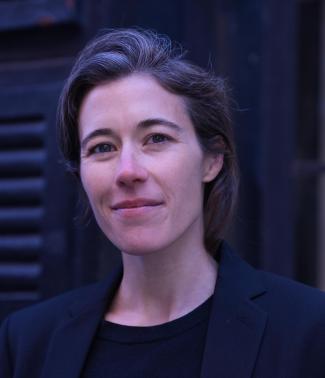My work is situated in the field of critical physical geography, and combines theories and methods from political ecology, critical agrarian studies, and remote sensing to understand ongoing land and livelihood transformations. I have a longstanding interest in questions of agrarian and forest change in Indonesia and Southeast Asia, where my research has explored dynamics of commodity expansion, forest conflict, and state territorialization, among other themes. Newer work explores ongoing land and labor transformations at the intersection of agrarian and climate changes in Hawaiʻi and Indonesia. I have a strong interest in integrative, interdisciplinary human-environmental change work and would love to connect if you are working on shared themes. I welcome notes from potential students and collaborators and invite you to learn more about my research and teaching here.
I received my PhD in 2017 from UC Berkeley's Department of Environmental Science, Policy & Management and hold a BA, magna cum laude, in Ecology & Evolutionary Biology from Princeton University, where I was awarded the 2008 Leslie Kilham Johnson Prize for Research Excellence. Before joining the University of Colorado at Denver in Fall 2020, I also worked as an Assistant Professor in the Department of Geography & Environment at the University of Hawaiʻi, Mānoa. My work has been supported by the National Science Foundation, the U.S. Fulbright Program, and the Office of Naval Research, among other entities, and is published in diverse interdisciplinary fora, including Annals of the Association of American Geographers, World Development, Geoforum, and Ecology and Society. Other roles include work as the Environment-Society editor for Geography Compass and as a volunteer scientist and educator with Pandemic Research for the People and the Prison University Project.

